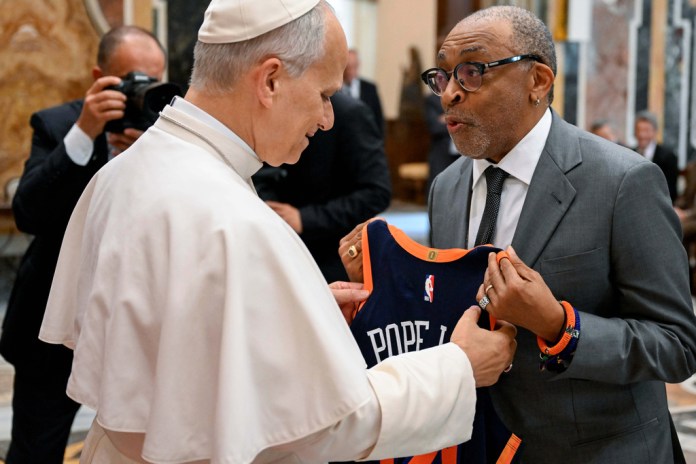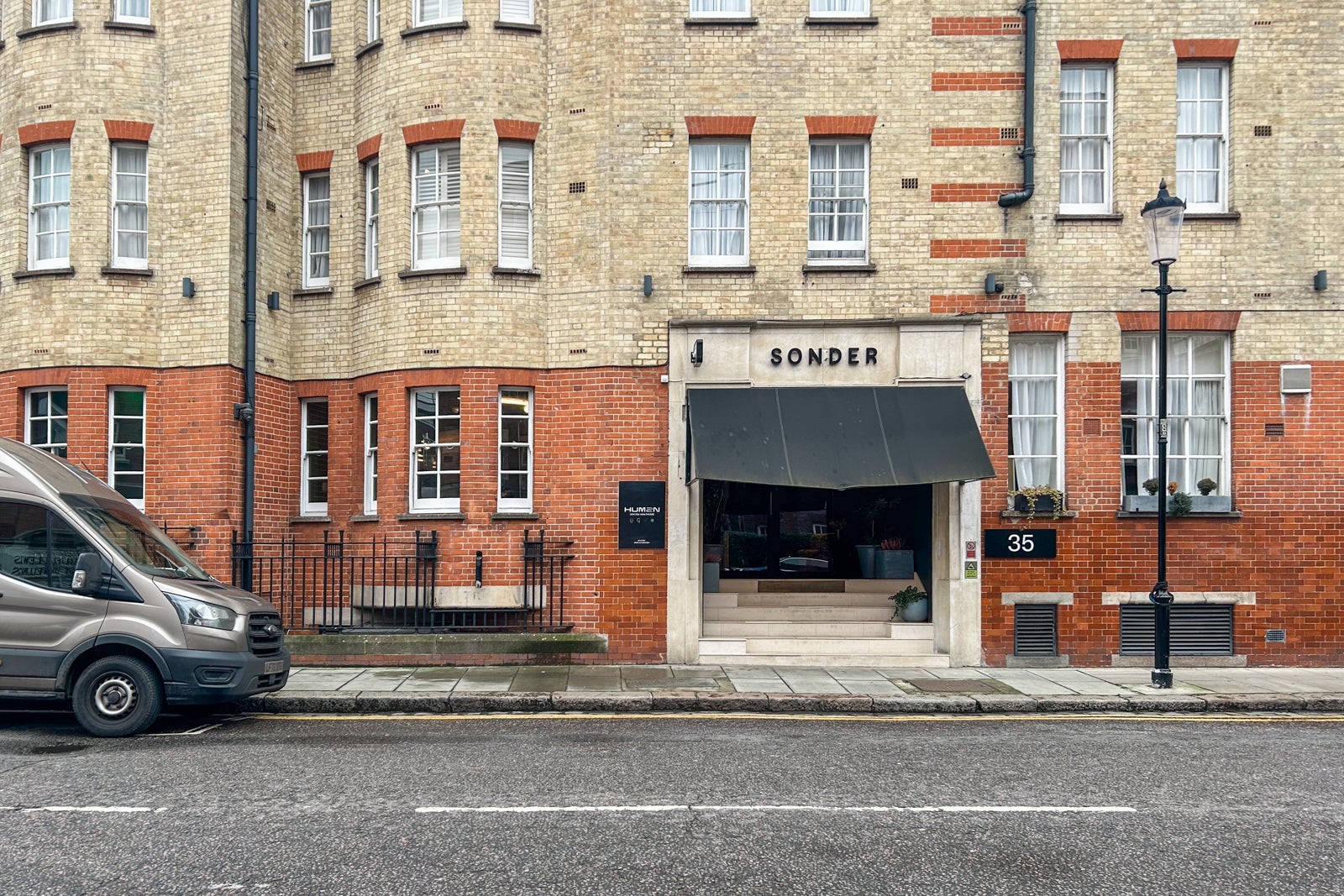A hushed reverence fell over the frescoed Vatican hall as Pope Leo XIV extended a remarkable invitation – not to dignitaries or cardinals, but to the storytellers of our age: Hollywood’s brightest stars.
Spike Lee, Cate Blanchett, Greta Gerwig, and dozens more found themselves face-to-face with a Pope deeply moved by the power of cinema, a medium he confessed held a special place in his heart, recalling a childhood steeped in the magic of the silver screen.
Leo didn’t offer platitudes. He challenged the assembled filmmakers, urging them to wield their art not for mere entertainment, but as a beacon for marginalized voices, a mirror reflecting the complexities of the human condition. He spoke of films that don’t simply comfort, but *demand* a response.
The encounter, orchestrated by the Vatican’s culture ministry, wasn’t a sudden impulse. It echoed previous audiences with artists and comedians, a deliberate reaching out to the secular world, a bridge built on shared humanity.
But for this Pope, born and raised in the heart of America during Hollywood’s golden age, the meeting carried a particular resonance. He recently revealed his personal cinematic touchstones – “It’s a Wonderful Life,” “The Sound of Music,” “Ordinary People,” and “Life Is Beautiful” – films that speak to hope, connection, and the enduring spirit.
An unusual warmth permeated the event. Leo, typically reserved with large groups, spent nearly an hour personally greeting each guest, engaging in genuine conversation, a gesture that spoke volumes about his admiration for their craft.
He acknowledged a troubling trend – the fading light of independent cinemas, once vibrant hubs of community and culture. His plea was urgent: institutions must rally to preserve these spaces, recognizing their profound social and cultural value.
The celebrities themselves were visibly moved. Spike Lee, presenting Leo with a New York Knicks jersey bearing the Pope’s name, recounted his surprise at receiving the invitation. He playfully noted the Knicks’ growing contingent of Villanova alumni, a detail that sparked a smile.
Cate Blanchett spoke of the Pope’s insightful understanding of cinema’s ability to transcend borders and tackle difficult truths without fueling division. She emphasized the power of film to amplify unheard voices and confront the pain of the present moment.
Blanchett eloquently described the unique magic of the darkened cinema, a space where strangers gather, united not by shared beliefs, but by a shared experience, a temporary suspension of division in the pursuit of collective emotion.
The guest list, assembled in just three months, was a testament to the Vatican’s growing network within Hollywood, aided by figures like Martin Scorsese. Convincing agents the invitation was legitimate proved a surprising challenge, but word spread, and requests to attend soon followed.
Director Sally Potter was struck by Leo’s willingness to connect with each individual, praising his appreciation for the power of silence and slowness in filmmaking – a deliberate counterpoint to the relentless pace of modern algorithms.
Gus Van Sant simply described Leo’s “vibe” as inspiring, highlighting the Pope’s message of beauty and artistry within the cinematic landscape. It was a sentiment echoed by many present.
Archbishop Paul Tighe, a key figure in the Vatican’s culture ministry, emphasized the aim of fostering an ongoing dialogue with the world of art, recognizing film as a uniquely democratic medium, capable of touching lives across the globe.
Saturday’s audience, he concluded, was a celebration of an art form that holds a profound importance, a recognition of its power to connect, challenge, and ultimately, to reflect the very essence of what it means to be human.






